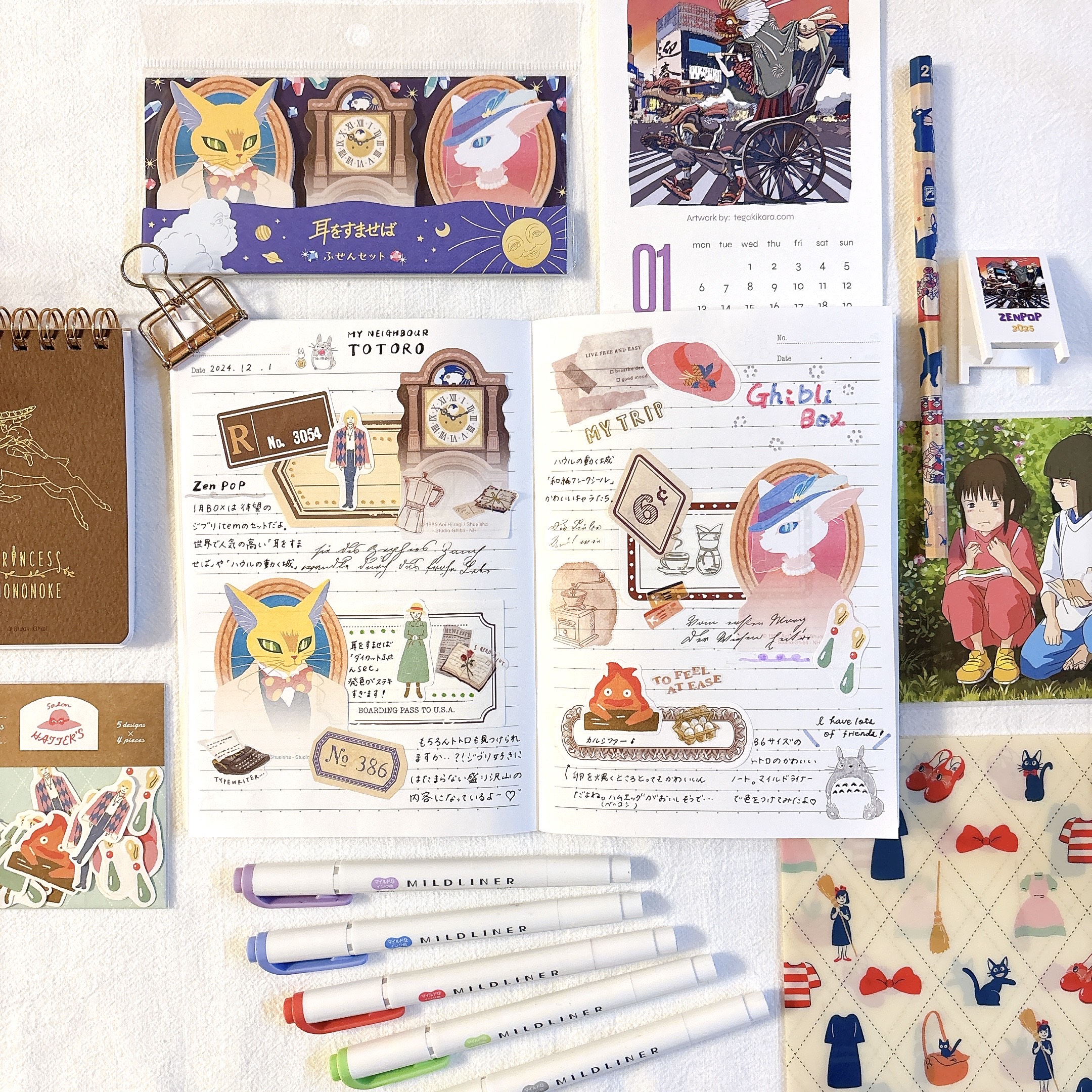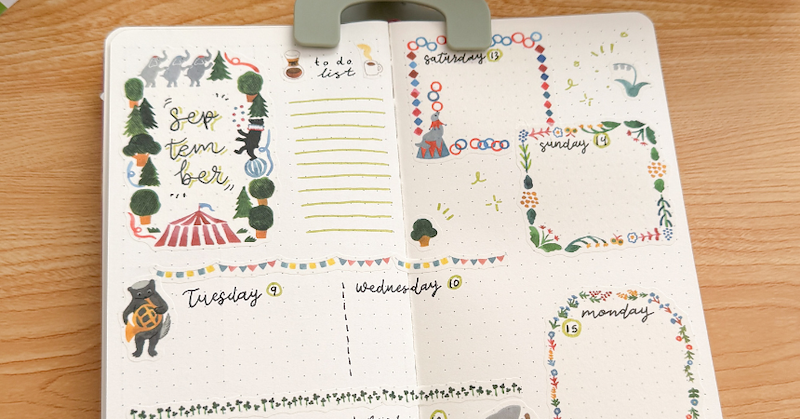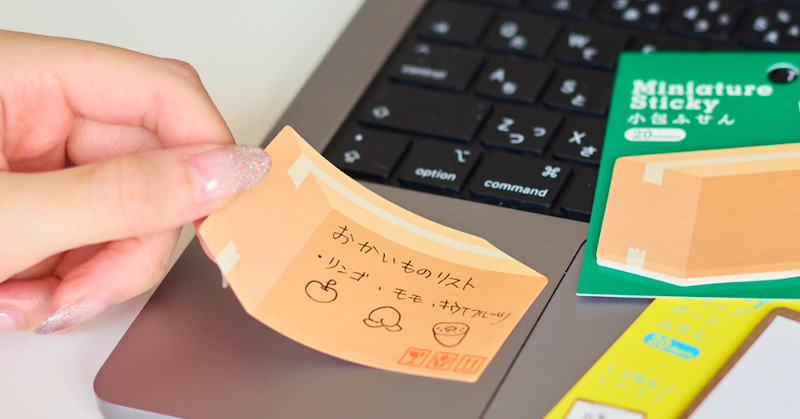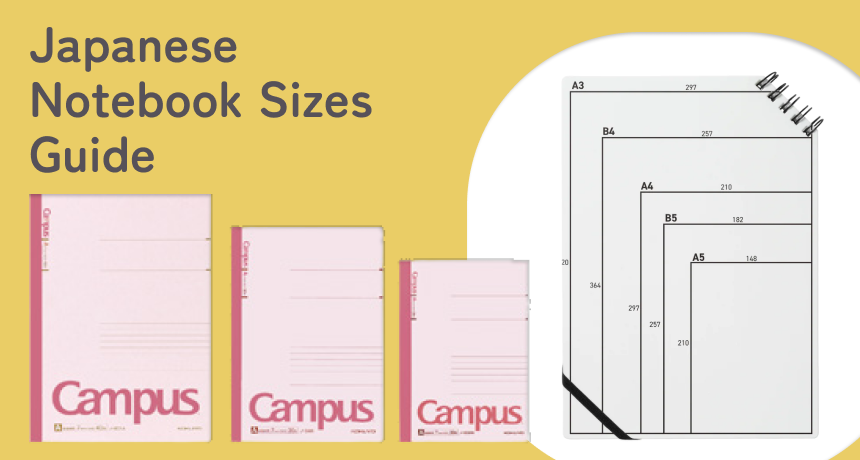
B5, A5, A6? A Gentle Guide to Japanese Notebook Sizes
If you've ever browsed a Japanese stationery shop—whether in a quiet Kyoto bookstore or online from the comfort of your desk—you’ve probably noticed something curious: notebooks aren’t just small or large. They come labeled with letters and numbers—A5, B6, A4...
But what do these codes mean? And more importantly, which one is right for you? Let’s open the cover and explore the world of Japanese notebook sizes, one page at a time.
The Basics: What Do A and B Sizes Mean?
Japan uses the ISO paper size system, just like much of the world. That’s where the A-series and B-series come in.
- A Series – More internationally recognized (A4 is standard printer paper)
- B Series – Slightly larger than A series with similar ratio, commonly used in Japan for notebooks and sketchpads
Each number refers to how many times the paper has been folded in half from its original size.

So:
- A4 is about 21 × 29.7 cm
- A5 is half of A4
- A6 is half of A5, and so on.
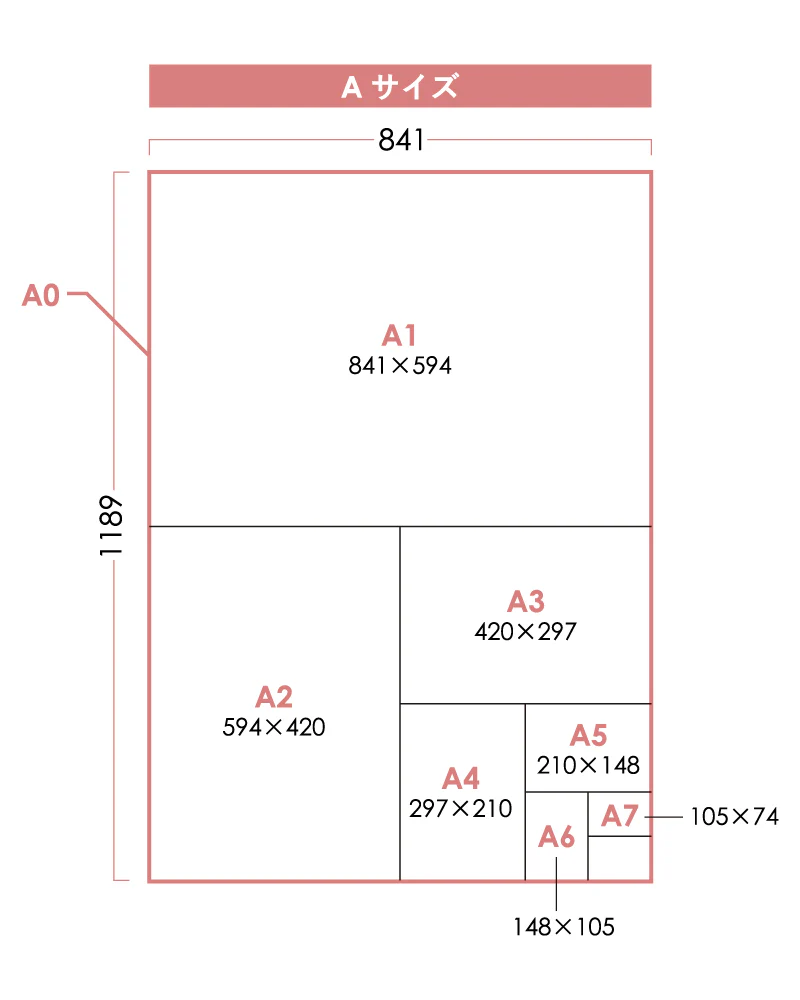
It’s like origami for paper formats
Common Notebook Sizes in Japan
Here’s a soft little guide to the notebook sizes you’ll encounter most often:
| Size | Dimensions (cm) | Best For |
| A4 | 21.0 × 29.7 | Class notes, reports, full-page planners |
| B5 | 17.6 × 25.0 | Japanese standard for school notebooks |
| A5 | 14.8 × 21.0 | Journals, planners, everyday notes |
| B6 | 12.5 × 17.6 | Portable notebooks, sketching, scrapbooking |
| A6 | 10.5 × 14.8 | Pocket notebooks, daily logs, quick sketches |
How to Choose the Right Size
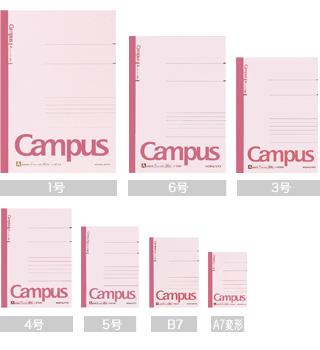
Like choosing between tea blends or the perfect pen, the right notebook size is about how it makes you feel — and how you plan to use it.
A4 — The Spacious Thinker
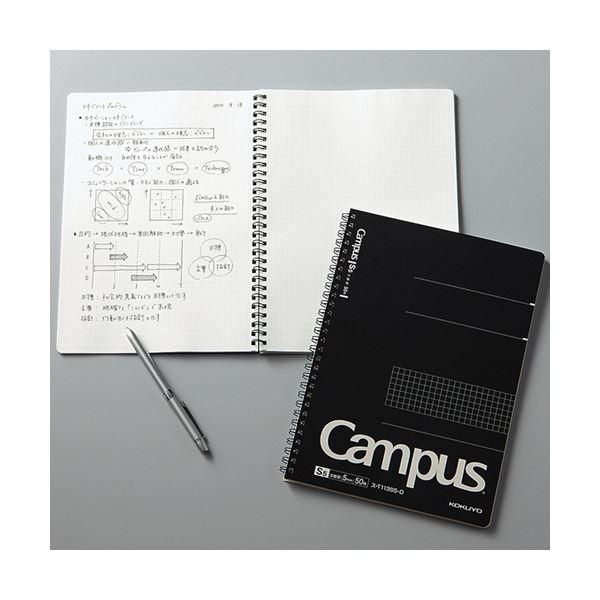
Perfect when you need room to breathe. Whether it’s class notes, idea mapping, or design layouts, A4 notebooks give you the canvas to stretch out your thoughts.
B5 — The Japanese Classic
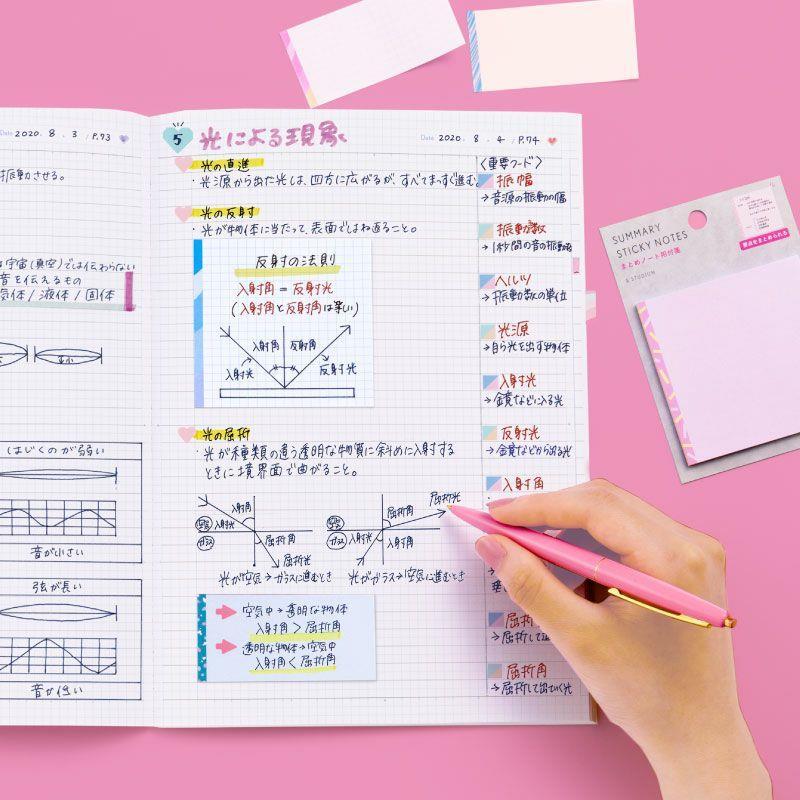
If you’ve ever seen a school desk in Japan, it likely had a B5 notebook on it. Big enough for writing, but easier to carry than A4. It’s a trusted format for students and writers alike.
A5 — The Everyday Favorite
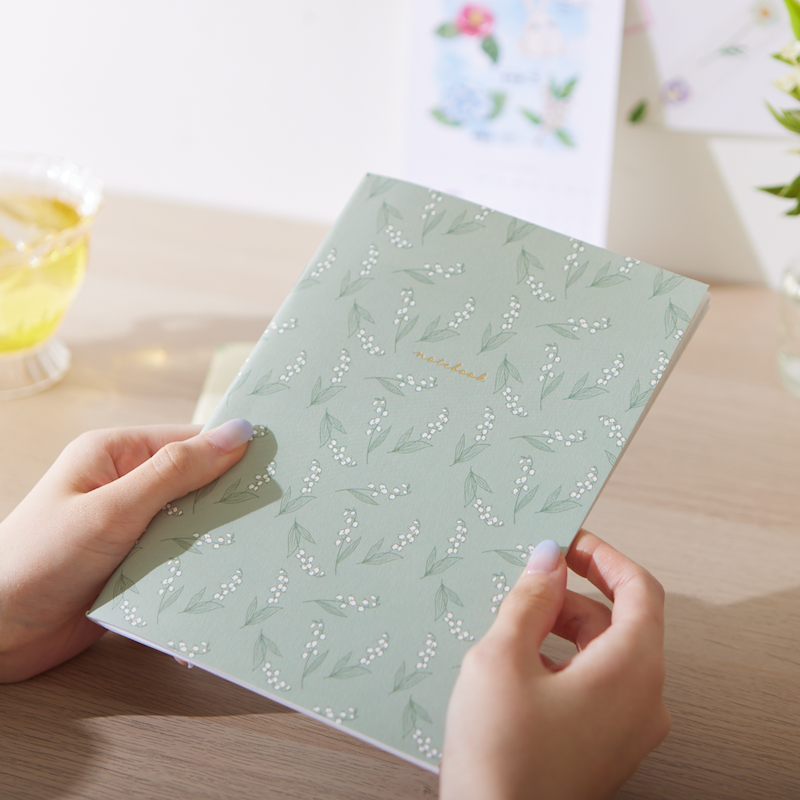
Comfortably in-between. A5 fits neatly into most bags and is beloved by journalers, list-makers, and letter-writers. Many Japanese planner brands use A5 as their go-to.
B6 — The Creative Companion
Slightly shorter and wider than A5, B6 gives just enough room for sketches or notes while still being portable. It’s a cozy size for those who like to doodle between the lines.
A6 — The Tiny Treasure
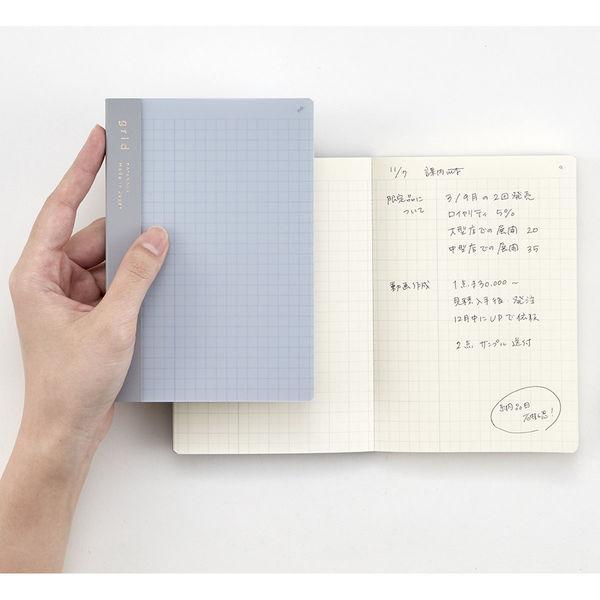
Just big enough for a pocket or pouch, A6 is your on-the-go notebook. Jot down dreams, track habits, or scribble ideas while you ride the train or sip your morning tea.
Which size should you use?
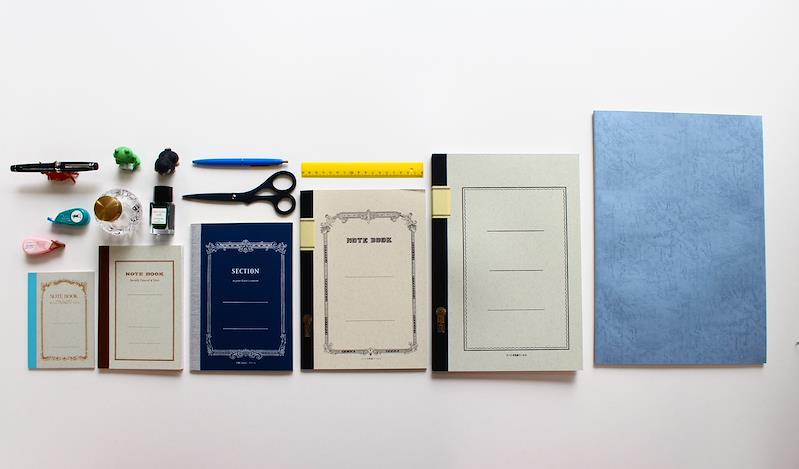
Below are some helpful tips if you are considering which size to get.
The Best Paper Sizes for Office Workers: A5 or B5
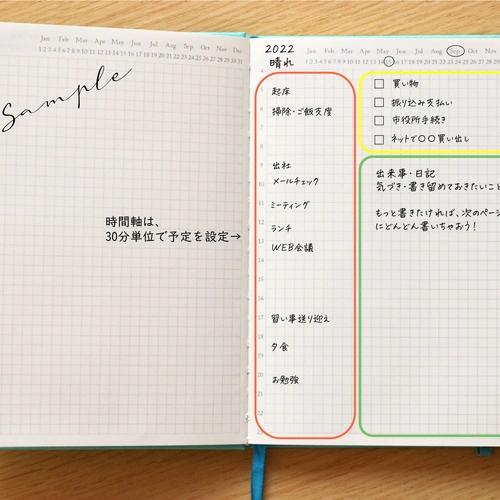
For daily schedules, meeting notes, and project tracking, A5 is ideal—compact enough to carry between desks or meetings, yet professional and easy to organize. For those who need a bit more space, especially for task-heavy roles or documentation, B5 provides more writing room while still fitting neatly into folders or briefcases. Both sizes also work well with common templates like calendars, to-do lists, and agenda inserts, making them excellent choices for efficient desk work.
The Best Paper Sizes for Students: B5
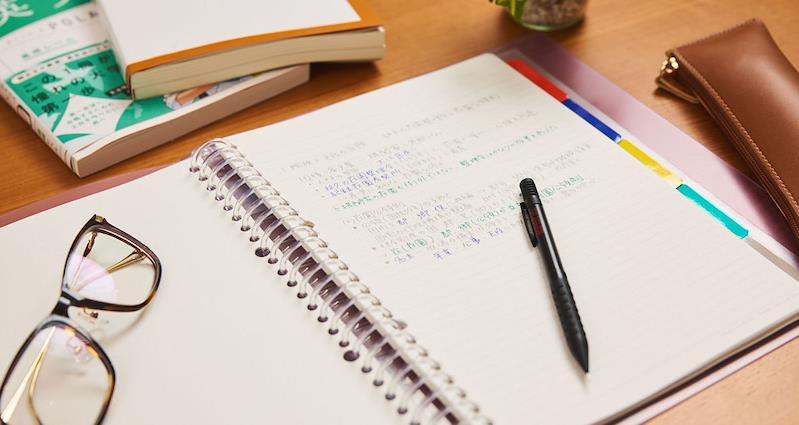
B5 (182 × 257 mm) is the go-to size for students in Japan. It offers ample space for note-taking, diagrams, and solving problems without feeling bulky. It's also the standard size for many school notebooks, making it easy to store or scan pages, and it fits comfortably in most backpacks.
The Best Paper Sizes for Professionals: A5
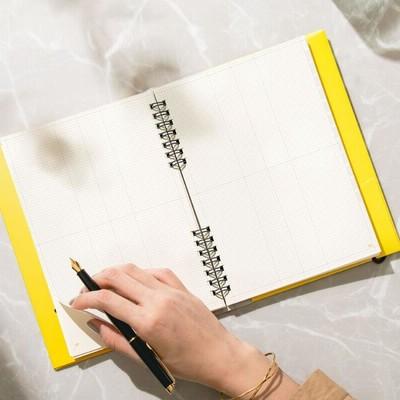
A5 (148 × 210 mm) strikes a perfect balance between portability and writing space. It’s ideal for meetings, to-do lists, or planning sessions. Small enough to slip into a handbag or briefcase, yet large enough to write clearly and stay organized—A5 is polished, practical, and highly versatile.
The Best Paper Sizes for Journalers: A6 or A5
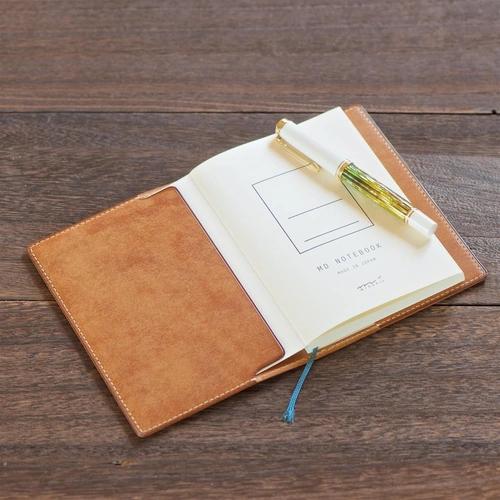
For journaling, A6 is great for short daily entries or gratitude logs, while A5 offers more room for expressive writing, doodles, or memory keeping. A6 is also less intimidating to fill, making it a gentle way to build a consistent journaling habit.
The Best Paper Sizes for Travelers: A6
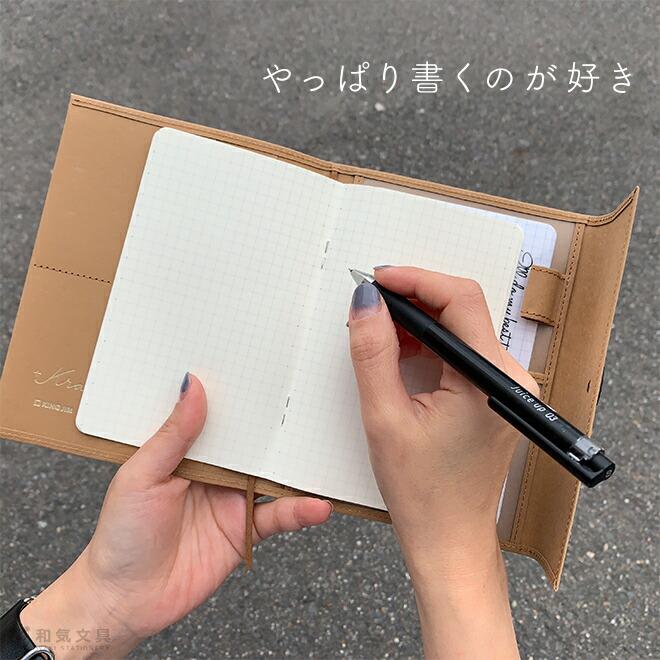
Compact and lightweight, A6 notebooks are easy to carry during travel. They fit into jacket pockets, small bags, or passport holders. Ideal for jotting down observations, sketches, or itineraries on the go—without adding bulk to your journey.
Why not get your A6 notebooks at our stationery store?
The Best Paper Sizes for Artists: B5 or B4
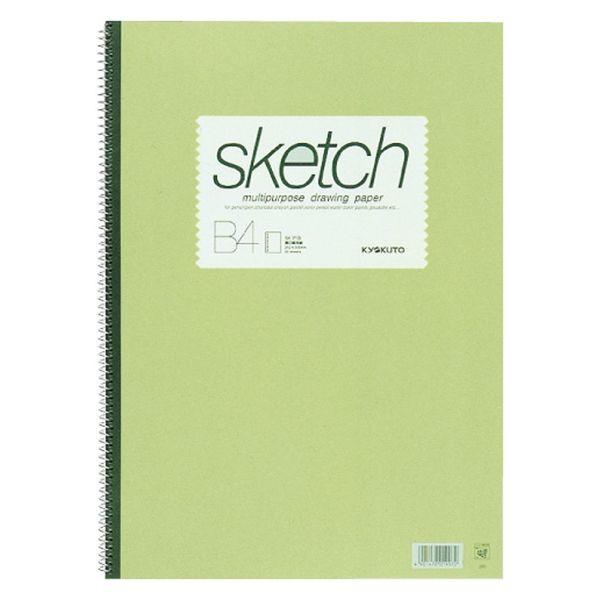
Artists often gravitate toward B5 for sketchbooks because it offers a generous canvas without being oversized. For more detailed compositions or expansive illustrations, B4 (257 × 364 mm) is ideal. Both sizes work well with a range of media and allow for expressive freedom.
The Best Paper Sizes for Comic Creators: B4 (drafting), B5 (final layout)
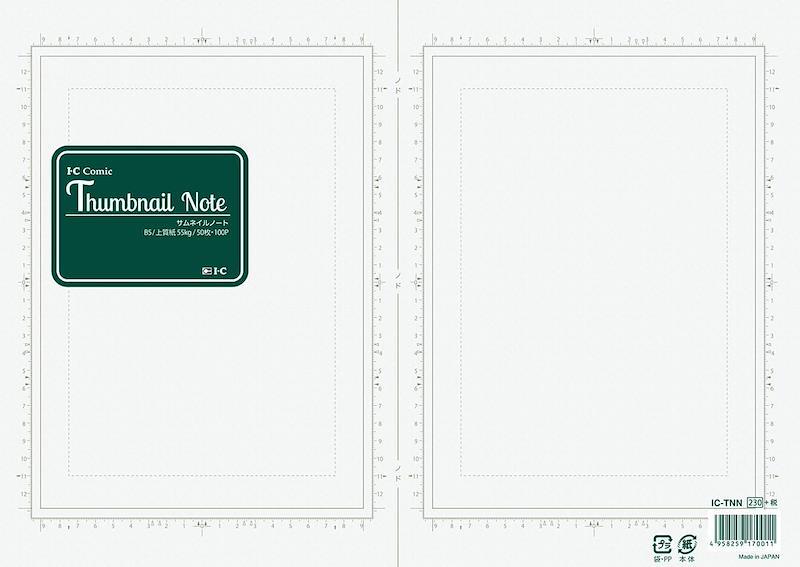
In the manga industry, B4 is commonly used for original drafts due to its large format, which provides room for panel planning and detailed linework. Final printed versions are typically scaled down to B5, offering a balance between readability and compactness.
Get your notebook
Each notebook size has its own quiet magic — a particular way it holds your hand as you write, draw, or dream. Whether you're filling wide pages with thoughts or tucking quick notes into your pocket, the right format will make itself known.
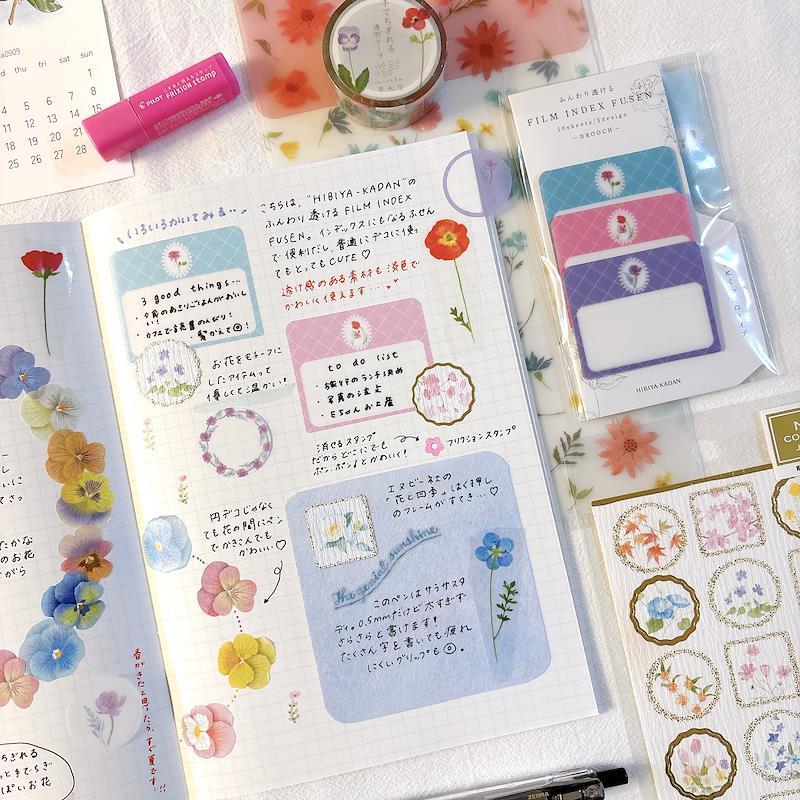
At ZenPop, we love curating Japanese notebooks of all shapes and sizes, so you can explore which one fits your world best.
May your pages be kind, and your pen always inspired.
